In 2025, Floyd Mayweather Jr. is more than a retired boxer — he’s a global brand, billionaire, and arguably the most financially savvy athlete the world has ever seen. According to Celebrity Net Worth, his liquid net worth is estimated at $400 million. Some outlets cite $1.2 billion, but that figure reflects his career earnings, not the assets he holds today.
Mayweather’s fortune isn’t just the result of an undefeated 50–0 record. It’s the product of deliberate choices, ruthless negotiation, and a deep understanding of how to control both narrative and revenue.
Most athletes chase legacy inside the ring. Mayweather chased ownership outside of it, and he caught it. From promoting his fights to transforming pay-per-view into a personal goldmine, he engineered a business model where the fists were only part of the equation. He didn’t just make money from boxing — he made boxing pay him like no one before.
Yet beyond the luxury cars and flamboyant social posts lies a story most people miss: the discipline, timing, and strategic independence that turned “Money” into a financial case study. This article unpacks how Mayweather crafted his empire, what fuels his fortune in 2025, and why his wealth matters far more than just its size. Behind every flashy watch is a watchmaker, and Mayweather built his from scratch.
From Pretty Boy to Money Mayweather — A Career That Printed Cash
Floyd Mayweather Jr.’s boxing career is often summarized by numbers — 50 wins, 0 losses, millions of pay-per-view buys. But the true story lies in how he turned those victories into unmatched paydays. From the very start, Mayweather wasn’t just fighting for titles; he was fighting for leverage.
Early on, he wore the “Pretty Boy” persona, dazzling opponents with slick defense and precision. But as his star rose, so did his understanding of the game behind the gloves. The turning point came in 2007, when he faced Oscar De La Hoya. More than a championship bout, it was Mayweather’s entrance into the mainstream — and a masterclass in self-marketing. By playing the villain, he amplified the hype and helped generate what was then the most lucrative fight in boxing history.
From there, every move was calculated. He waited years to fight Manny Pacquiao, letting the demand — and dollar signs — build to a boiling point. That single night in 2015 brought in over $600 million in revenue. Then came Conor McGregor in 2017 — a crossover spectacle that critics dismissed but Mayweather cashed in on, reportedly walking away with over $275 million for a single night’s work.
Each fight was more than a contest. It was a promotion, a negotiation, a brand-building event engineered for maximum profitability. Mayweather didn’t just win — he made sure every victory came with a record-setting check. And that’s how “Pretty Boy” evolved into “Money” — not by accident, but by design.
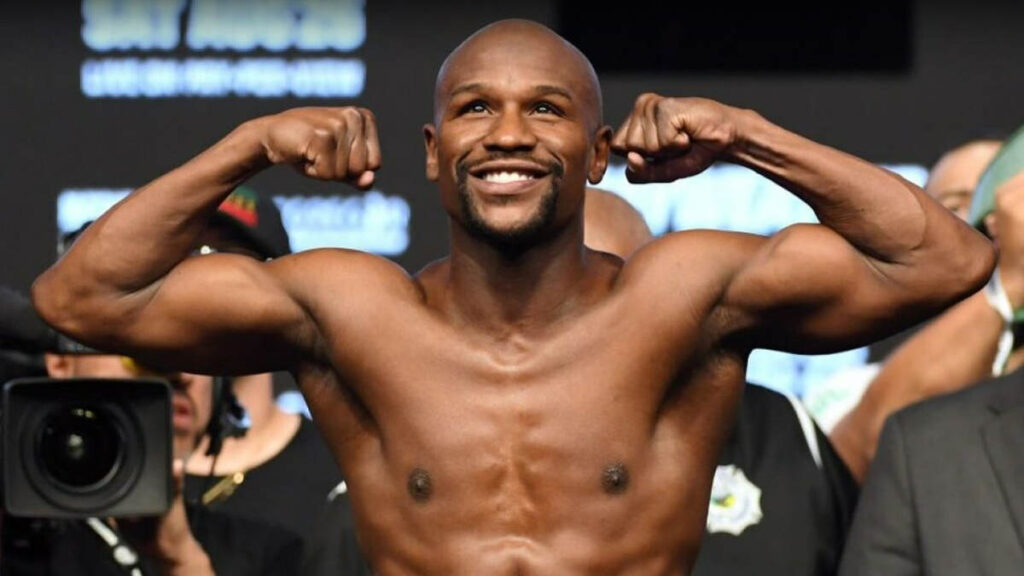
The Genius Behind the Gloves — Mayweather’s Business Moves Outside the Ring
TMT Promotions and the Rise of the Self-Managed Star
In an industry long dominated by promoters who took the lion’s share of profits, Floyd Mayweather Jr. flipped the script. Tired of being just another fighter on someone else’s card, he made a game-changing pivot: he became his boss. In 2007, shortly after his breakout fight with De La Hoya, Mayweather founded TMT Promotions (The Money Team) — a move that would shift the financial power in boxing forever.
By promoting his fights, Mayweather didn’t just earn purses — he took home the backend too: pay-per-view splits, gate revenues, sponsorships. It was the equivalent of a rapper going independent or a YouTuber turning their channel into a media company. In an era before creator economies were trendy, Floyd built one inside the boxing ring.
He was ahead of the curve, understanding that ownership, not just talent, creates long-term wealth. With TMT, he didn’t just control the fight — he controlled the business model. And in doing so, he made every punch thrown a direct investment in his brand equity.
Real Estate, Clubs, and Side Hustles: The Diversification Blueprint
Floyd Mayweather doesn’t just spend money — he positions it. His post-fight investments read like flexes, but each one reflects a deeper strategy rooted in image control and calculated risk.
Take his real estate portfolio: luxury properties in Las Vegas, Beverly Hills, and Miami. These aren’t just homes; they’re stages. His $25 million Beverly Hills mansion — complete with a candy shop, cinema, and wine cellar — mirrors the opulence he sells as a lifestyle. But it’s also a hard asset, appreciating while he sleeps.
Then there’s Girl Collection, his Las Vegas gentleman’s club. On the surface, it’s all velvet ropes and VIP booths. But look closer: it’s about exclusivity and brand continuity. Mayweather isn’t just running a nightclub — he’s creating a controlled environment where he remains the main attraction, even in retirement.
He’s also dabbled in NFTs, sports betting, and endorsement-light brand partnerships, all reflecting a core principle: visibility without dependence. These side hustles aren’t random — they’re calculated expressions of Floyd’s identity as both a performer and a proprietor. In his world, even leisure is leveraged.
Also See: Top 50 Richest Boxers in the World
What Is Floyd Mayweather Jr.’s Net Worth in 2025? Let’s Break It Down
Mayweather has generated over $1.2 billion in career earnings — but as of 2025, most estimates place his liquid net worth closer to $400 million, depending on which financial lens you view it through. But this isn’t just a pile of cash sitting idle — it’s a carefully layered portfolio that reflects how Mayweather turned every punch into a profit stream.
Fight Earnings & Pay-Per-View Revenue ($500M): At the core of his wealth is still boxing. From legacy bouts like Pacquiao and McGregor to more recent exhibition fights in Japan and Dubai, Mayweather’s ability to draw eyeballs translates directly into revenue. He reportedly earned $275M in a single night from the McGregor fight — and he keeps revisiting that playbook with lower-risk, high-payout exhibitions.
Real Estate & Tangible Assets ($200M+): Floyd’s real estate holdings, including mansions in Las Vegas and Beverly Hills, are worth an estimated $100M+. Add in his private jet fleet, car collection (with over 100 vehicles), and high-value jewelry — you’re easily pushing another $100M in tangible, appreciating assets.
Business Ventures & Brand Equity ($300M): TMT Promotions alone is a powerhouse, with Mayweather taking the lion’s share of fight revenue. His Las Vegas club “Girl Collection,” brand partnerships, and merchandising operations all contribute recurring income. Even without a massive Nike-style deal, he’s built a self-contained brand worth hundreds of millions.
Cash, Investments & Side Capital ($100M): Reports vary, but Mayweather has acknowledged holding substantial liquid assets. While famously flashy, he’s also said to work with financial advisors to preserve capital.
Bottom line? Mayweather’s fortune isn’t just intact — it’s structured, strategic, and still expanding.
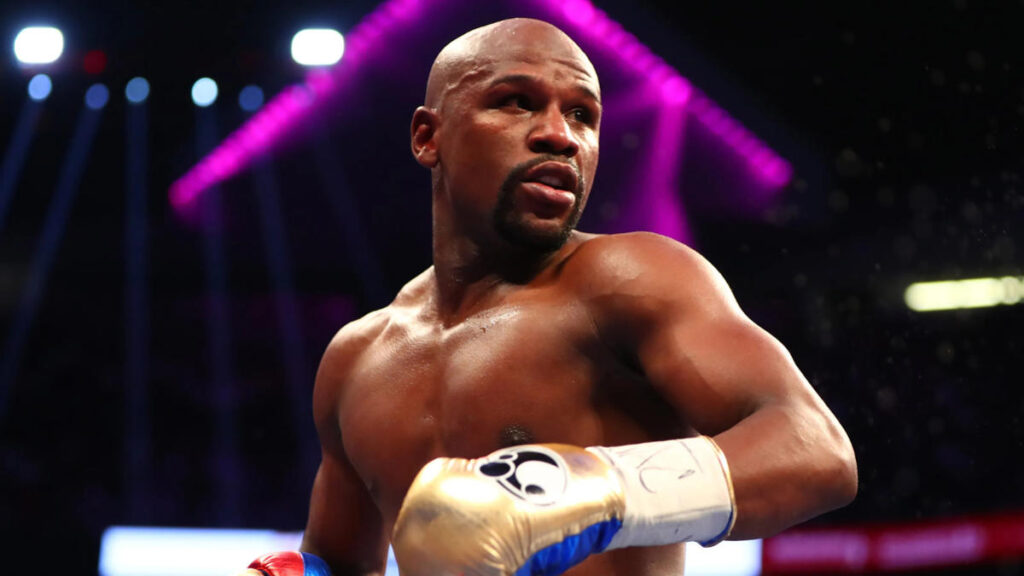
How Mayweather Stacks Up — Net Worth Compared to Boxing’s Elite and Beyond
When it comes to boxing wealth, Floyd Mayweather Jr. isn’t just at the top — he’s in a league of his own. In 2025, no other fighter, past or present, comes close to matching his financial footprint. Even legends like Manny Pacquiao (estimated net worth: $240 million) and Mike Tyson ($30 million, post-bankruptcy recovery) look modest by comparison.
Rising stars and crossover acts like Canelo Álvarez ($200–300 million) and Jake Paul ($100 million) are redefining modern fight promotion, but they’re still playing catch-up to the template Mayweather designed — owning the event, not just starring in it.
Zooming out, how does Floyd compare with athletes across other industries?
| Athlete/Entertainer | Estimated Net Worth (2025) |
| Floyd Mayweather Jr. | $400 million |
| LeBron James | $1.2 Billion |
| Cristiano Ronaldo | $800 Million |
| Lionel Messi | $850 Million |
| Conor McGregor | $200 Million |
| Jake Paul | $100 Million |
Unlike peers who built wealth through mega-endorsements (think: LeBron and Nike), Mayweather’s net worth stems mostly from direct revenue control. That’s what makes his fortune so rare — and so instructive.
He didn’t depend on traditional endorsements or tech unicorns. He bet on himself, kept the profits, and designed a business model that boxing — and maybe sports in general — may never see again.
Also See: Top 50 Richest MMA Fighters in the World
More Than Flash — The Financial Discipline Behind the Flex
Floyd Mayweather Jr. flaunts wealth like it’s a second language — diamond-studded watches, $18 million “Billionaire” timepieces, fleets of Rolls-Royces, and Instagram videos counting cash like confetti. But behind the glittery façade lies a less-publicized truth: Mayweather’s spending may be loud, but his financial strategy is quietly disciplined.
There’s a method to the madness. The “Money” persona is a calculated brand — a spectacle designed to sustain headlines, fuel pay-per-view curiosity, and reaffirm his place as boxing’s king of opulence. “You see me with the flashy stuff, but I make smart investments,” he told CNBC in a rare financial interview. “When I spend, I spend smart.”
Insiders report that Mayweather employs a tight circle of financial advisors and accountants who help him manage both liquid assets and long-term investments. He allegedly keeps large amounts of cash on hand — not out of recklessness, but to retain flexibility and avoid unnecessary exposure to risky markets. Real estate, tangible assets, and ownership-based ventures like TMT Promotions ensure that much of his net worth sits in appreciating or revenue-generating vehicles.
Even his extravagant purchases often serve a dual purpose: content for his brand. That $2 million Bugatti? It’s not just a car — it’s a marketing tool. Every post, every flex, adds value to the Mayweather mystique.
So yes, the flex is real. But so is the framework. Behind every cash-counting video is a businessman who knows exactly what he’s doing — and exactly who’s watching.
What Mayweather Taught Me About Winning Without Compromise
I remember watching Floyd Mayweather fight live for the first time in 2007. It was the De La Hoya bout — a spectacle wrapped in gold trunks and bravado. Everyone in the room was rooting against him. I wasn’t. Not because I was a superfan, but because I saw something different: a man who knew exactly who he was, and never flinched from it.
As the years went on, I followed more than just his fights. I followed the deals. When I was studying sports business in grad school, we analyzed his revenue splits from the Pacquiao fight. Most athletes sign away backend rights. Mayweather kept them — all of them. I remember thinking: This man is not just a boxer; he’s a blueprint.
What I’ve come to admire most isn’t the undefeated record, though that’s historic. It’s his refusal to compromise — on brand, on ownership, on self-definition. He didn’t chase legacy the way others did. He controlled it. In a world that constantly tells you to be more likable, more humble, more palatable — Floyd doubled down on being unapologetically himself, and made the world bend to it.
That mindset shifted something in me. Whether negotiating a job offer or launching my projects, I often ask: What would Floyd do? And the answer’s always the same — know your worth, own your platform, and never trade your leverage for someone else’s comfort.
Love him or hate him, Mayweather wins without compromise. And that’s a lesson I’ll never forget.
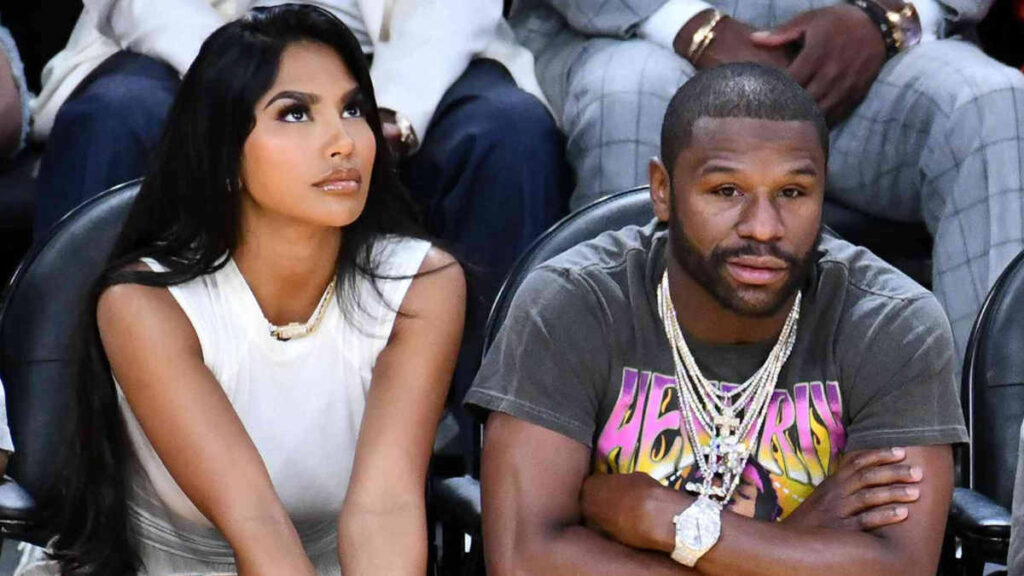
Behind the Curtain — The Team That Built the Empire
Floyd Mayweather Jr. may be the face of his billion-dollar brand, but the empire behind the gloves was never built alone. In fact, some of his most important victories happened not in the ring, but in backrooms, war rooms, and quiet negotiations — thanks to a team of trusted power players who knew how to move in the shadows.
At the center of it all is Leonard Ellerbe, Mayweather’s long-time advisor, CEO of Mayweather Promotions, and perhaps his most visible ally. Where Floyd was flash, Ellerbe was structure — ensuring the brand scaled with precision. But even deeper in the machinery was Al Haymon, the reclusive but wildly influential boxing manager who transformed the business side of the sport. Haymon rarely speaks publicly, yet he orchestrated many of Mayweather’s most lucrative moves, always ensuring Floyd had control over opponents, dates, and venues.
What makes this inner circle remarkable isn’t just their credentials — it’s the trust. Mayweather kept his team small, loyal, and tightly focused. No revolving door of agents or PR spin doctors. Just people who understood the game and never tried to outshine the star.
Of course, there were bumps — friction with HBO, disputes over fights left on the table — but the core held. In an industry riddled with betrayal, Floyd’s loyalty to his inner circle wasn’t just rare. It was strategic. Because behind every empire is a crew that doesn’t blink, even when the stakes are 9-figures high.
Will the Money Machine Keep Running? What’s Next for Floyd
At 48, Floyd Mayweather Jr. isn’t slowing down — he’s just shifting lanes. While his days of title defenses are long gone, the Money machine keeps humming thanks to a steady stream of exhibition bouts, strategic brand plays, and whispers of future business expansions.
In recent years, Mayweather has leaned heavily into exhibitions — low-risk, high-reward spectacles against influencers, MMA fighters, and even celebrity personalities. His fights with Logan Paul, Mikuru Asakura, and others may not count toward his record, but they keep him culturally relevant and financially flush. For Floyd, relevance equals revenue.
But that’s just one stream. Industry insiders suggest Mayweather is exploring sports management, potentially expanding TMT Promotions into a broader agency that mentors and monetizes young fighters under his blueprint. He’s also teased media ventures, with trademarks filed under TMT Entertainment — hinting at a move into content production or boxing-related docuseries.
Could a reality show, boxing league, or training empire be next? Possibly. Mayweather thrives on control, visibility, and upside — and any next step will likely offer all three.
The question isn’t whether Floyd will keep making money — it’s how creatively he’ll do it. Because when you’ve conquered the sport, the next fight is with legacy — and Mayweather, true to form, seems ready to own that too.
The Final Bell Rings on a Fortune Forged in Brilliance
Floyd Mayweather Jr.’s net worth isn’t just a headline — it’s a case study in control, timing, and unapologetic self-worth. He didn’t inherit the blueprint; he built it, rewriting the rules of athlete wealth in real time. While others chased belts, Mayweather chased equity — and in doing so, became the architect of his billion-dollar legacy.
His brilliance wasn’t just in how he fought, but in how he thought. Every bout, every brand, every dollar was a decision. And long after the final punch was thrown, the impact of those decisions still echoes across the sports world.
So the question isn’t how much Mayweather earned. It’s how many will follow his example. Because in Floyd’s world, greatness isn’t given — it’s negotiated.
Nishant is a digital strategist and celebrity finance analyst with over 15 years of experience in SEO-driven content. As Founder of TheNetWorths.com, he creates high-authority profiles on wealth, branding, and cultural influence.
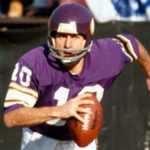














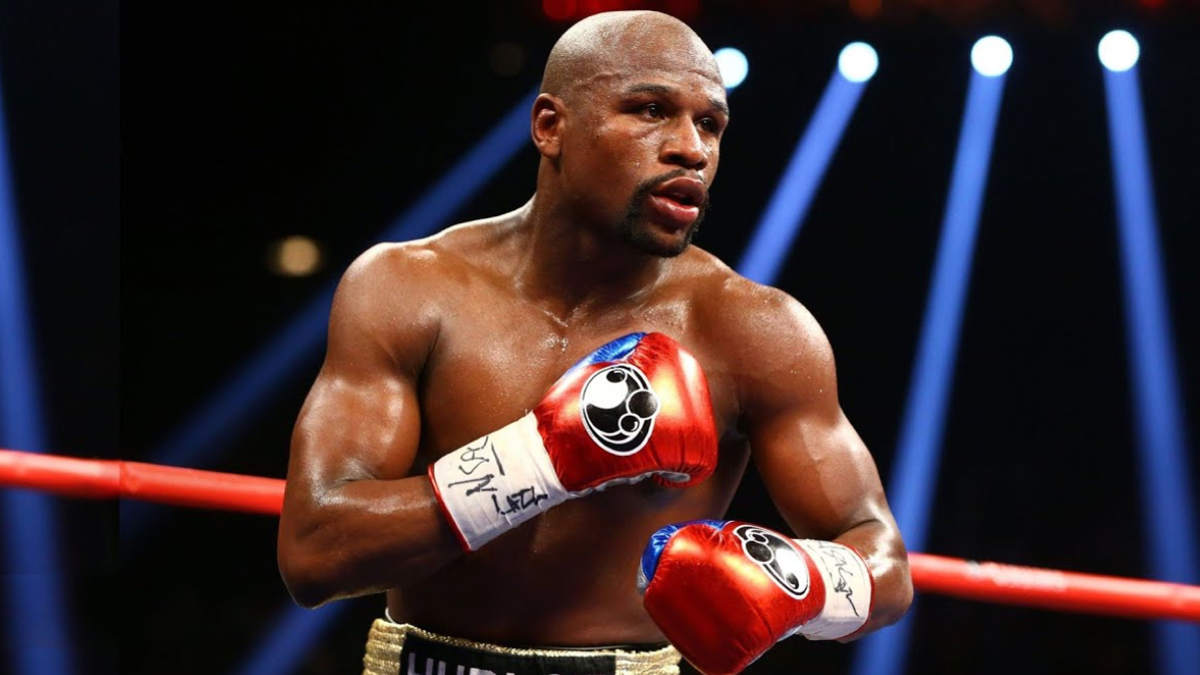
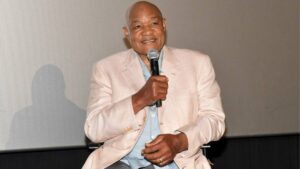
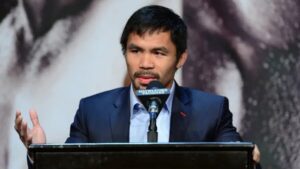
3 thoughts on “Floyd Mayweather Jr. Net Worth 2025 : How “Money” Built a $400 Million Empire”